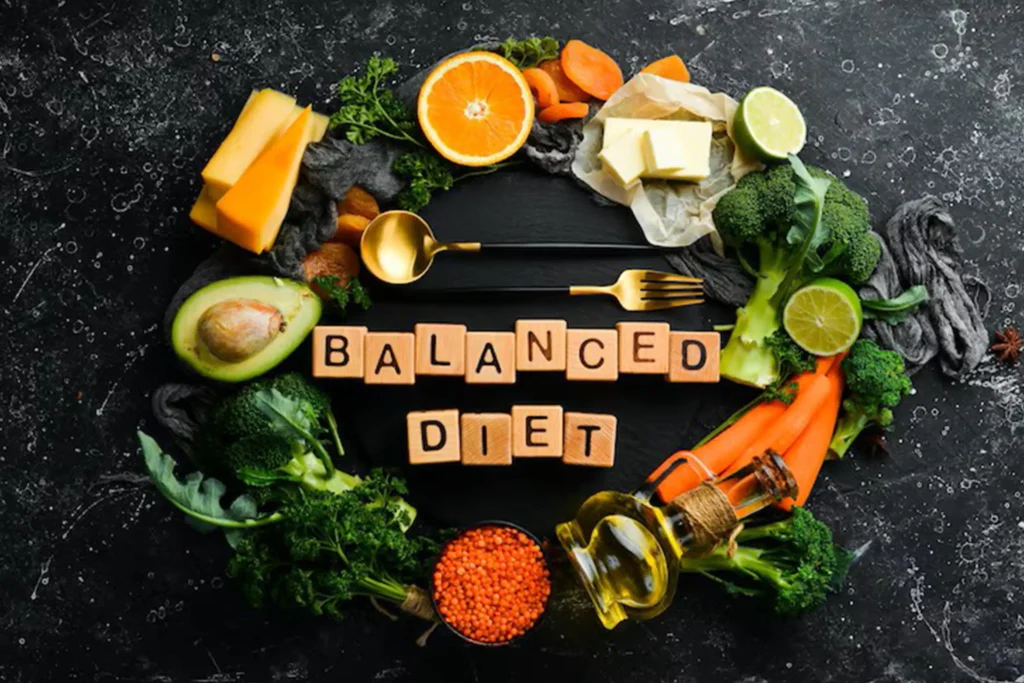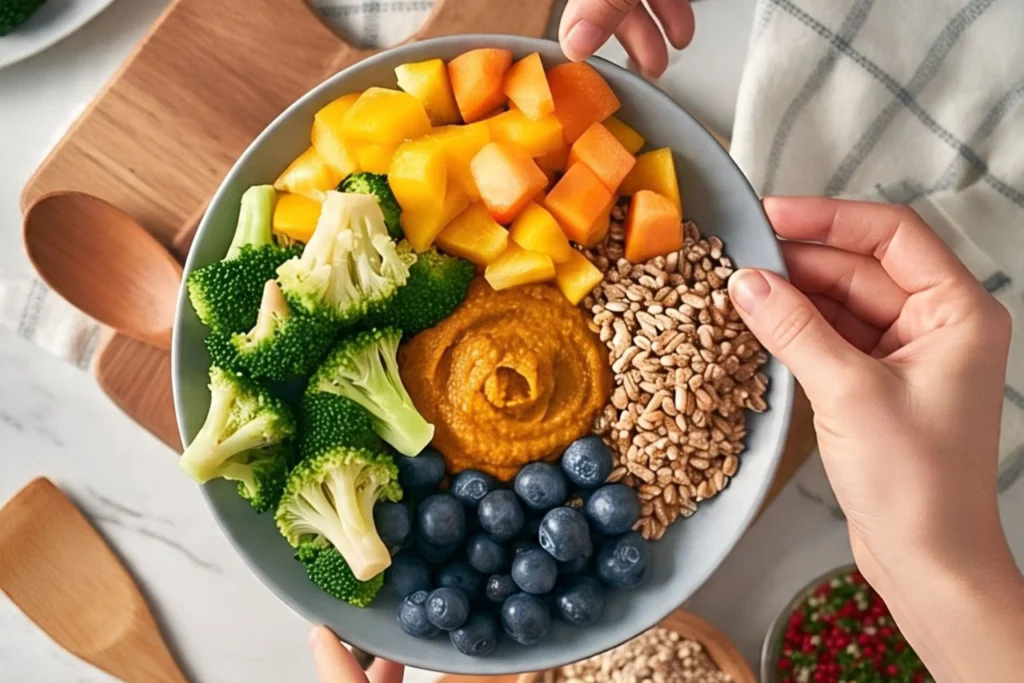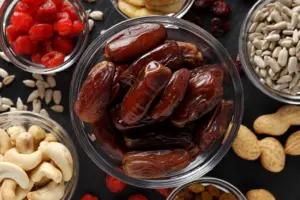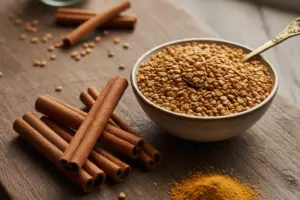
We all hear the phrase eat a balanced diet, but what does that mean? Should you solely consume salads? Is it necessary to eliminate all sugar? Skipping carbs?
A balanced diet is all about giving your body the right mix of foods so it receives all the nutrients it needs without overdoing any one thing. Each component of a balanced diet, such as carbohydrates, fats, protein, minerals, and vitamins, plays a specific role. If one is missing out or not doing its job, the diet doesn’t work well.
Why does a balanced diet matter?
Before you talk about what your plate should look like, it’s essential to understand why it is important. Your body needs fuel to do everything from walking and working to thinking and healing. A balanced diet helps you maintain a healthy weight, feel more energetic, prevent diseases like diabetes and heart problems, boost your mood, and sleep better. It’s not just about being perfect; it’s all about making smart choices most of the time.
Also Read | Stay hydrated in Indian summers: What you should and shouldn’t drink
The basic components of a balanced diet
The five main food groups your body needs include vitamins & minerals, carbohydrates, proteins, and fats. Additionally, don’t forget about water; it’s just as important.
What should your plate look like?
Half your plate should be filled with fruits and vegetables. Fruits and veggies are full of vitamins, minerals, antioxidants and fibre. They keep your body strong and also help you prevent disease. Try eating fruits with different colours and nutrients. Opt for fresh, frozen, or canned options, but be mindful of added salt and sugar.

A quarter of your plate should be about whole grains or healthy carbohydrates. Carbs are not bad. Your body uses them for energy. But the type of carbs matters. Choose whole grains over refined carbs. Good carbs include brown rice, oats, quinoa, and sweet potatoes. These whole grains provide you with fibre, help you feel full longer, and assist with digestion and blood sugar regulation.
The next quarter of the plate should be protein, as it helps you build muscles, repair tissues, and support your immune system. Try to include protein in every meal and mix it. Healthy protein sources include chicken, turkey, eggs, fish, beans, tofu, nuts and seeds, and even low-fat dairy. If you are a vegetarian or a vegan, plant-based proteins can also do the job.
Also Read | Study links unhealthy diet to earlier puberty in girls
What to drink?
The best drink of all? Water stays at the top of the list to hydrate the body and help with digestion, brain function, and energy. Try to drink 6 to 8 ounces of water every day. Avoid sugary drinks like soda, as they can add calories without nutrients.
A balanced diet is not about following strict rules or cutting out all your favourite foods. It’s all about nourishing your body with what it needs. Think of every meal like a chance to take care of your body. If you mess up one meal, don’t worry; just try to make the next one better.








